Many people know better than to post sensitive and personally identifying information on the internet. Things such as your password, username, home address, email address and credit card numbers are obvious pieces of information which no one shares. It is assumed these are the only modes through which criminal activities such as impersonification can take place. But did you know that your pictures can pose a significant threat?

People hold up their two fingers up as a sign of peace. It is a personification of all the calm in their hearts. Some people just do it to look cool, others do it because they don't have any other gesture.

We love sharing tantalizing pictures of our outings and must broadcast it publicly, on Facebook, Twitter, Instagram and even YouTube. That itch to share every little detail of our life to the public can actually give fodder to cyber criminals.

They are people who know better than carry out a bank heist in broad daylight. They also tend to have a college degree and are acquainted with technology than a significantly large portion of the population. They are always on the lookout for vulnerabilities.
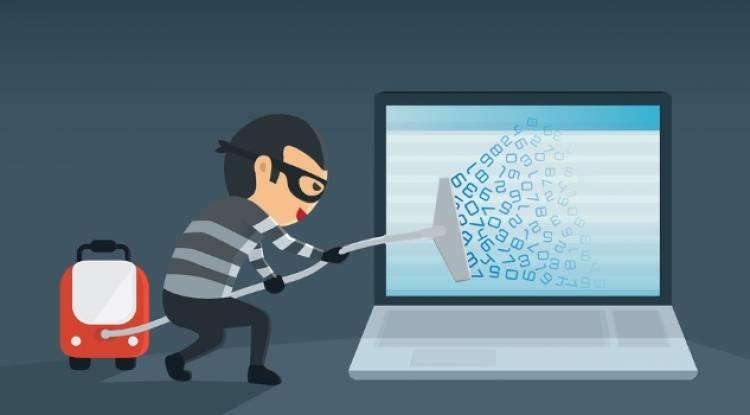
In the world of coding and programming, nothing is perfect. Just one flaw or human error in the script can spell a host of trouble for any company. In 2011, Sony was hacked and the credentials of millions of PSN users were compromised.
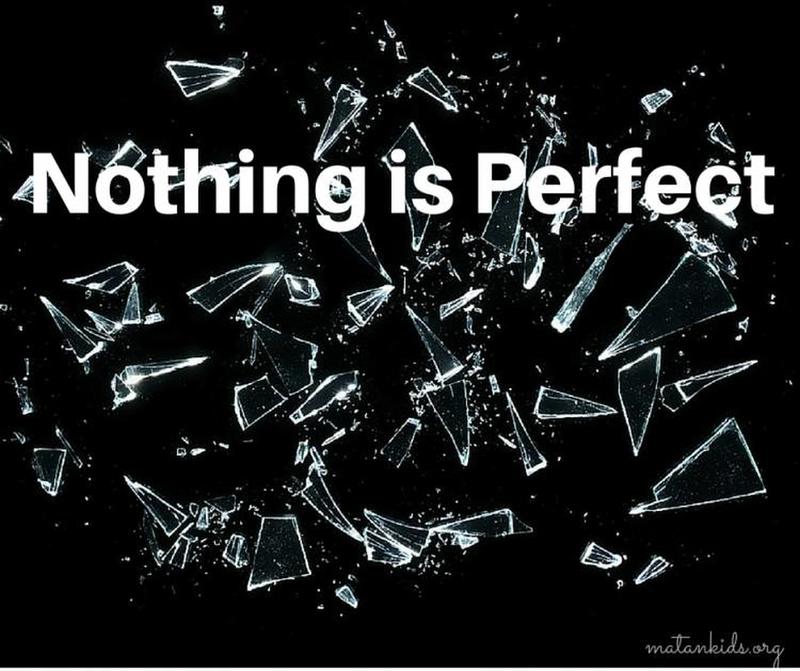
According to Japanese investigators, cyber crimes are getting more ubiquitous and often rely on simple flaws. They are becoming 'less' technical and more about using a person's lack of knowledge than anything else. And this is where the peace sign comes in.

Those two fingers you hold up to show that you're at peace and happy with your life, can reveal a massive amount of information about you, your bank account and other aspects of your life. A digital camera makes it easy to identify your fingerprints.
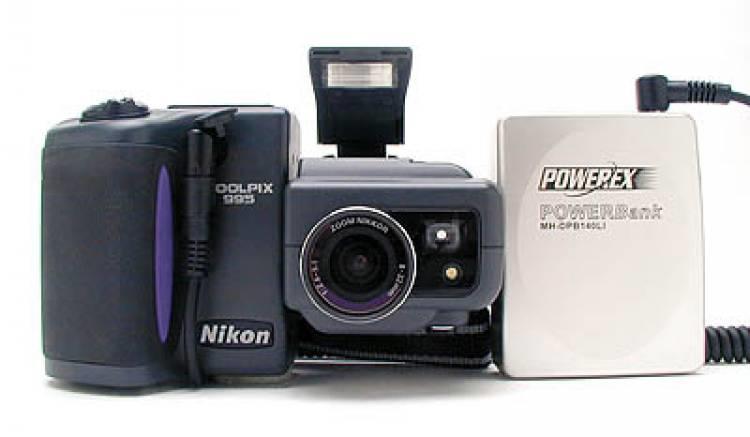
Cybercriminals no longer have to search for user credentials by hacking into a system by detecting its vulnerabilities. They allow Facebook pictures to do the work for them. That peace sign can be used to recreate your fingerprint digitally by hackers.

You don't even need advanced technology. Photos which have been taken three meters away from the camera can be used to recreate your fingerprint. Of course it is of pertinent importance for the picture to be well lit and clear.
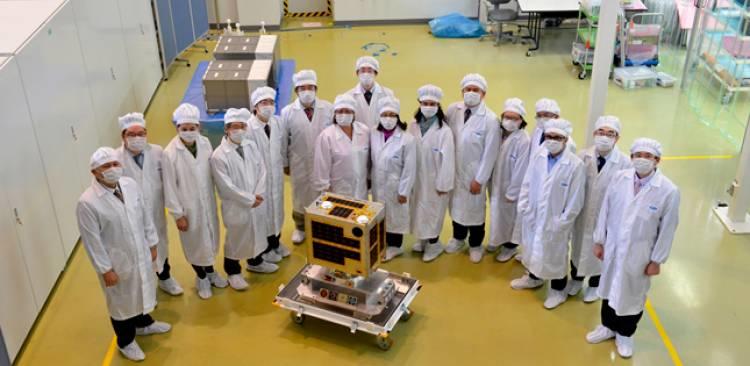
You'll expect Donald Trump and his posse in White House to know better than to flash their fingerprints on a regular basis, but this isn't the case at all. Of course, The Donald has access to more advanced security than the rest of us but still - he doesn't know better.
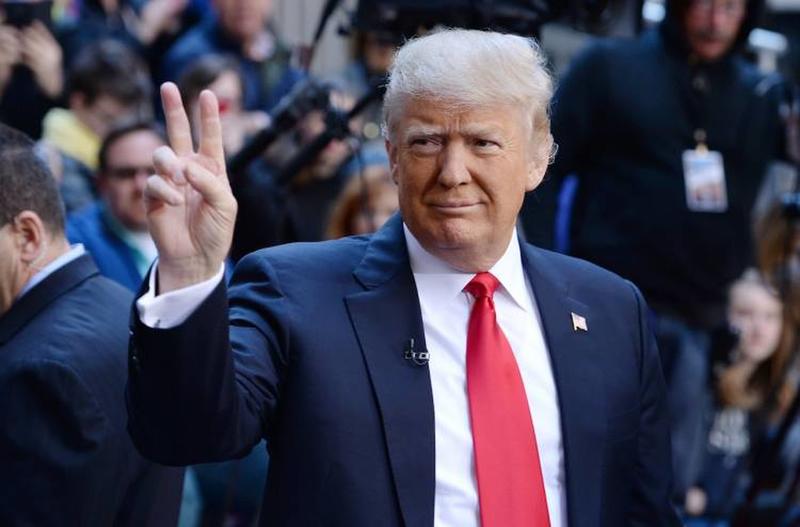
If a leak compromises your password, all it takes is the click of a button to change it or maybe even a phone call to the representative of the respective company. But you can't change your biometric information just as easily can you?
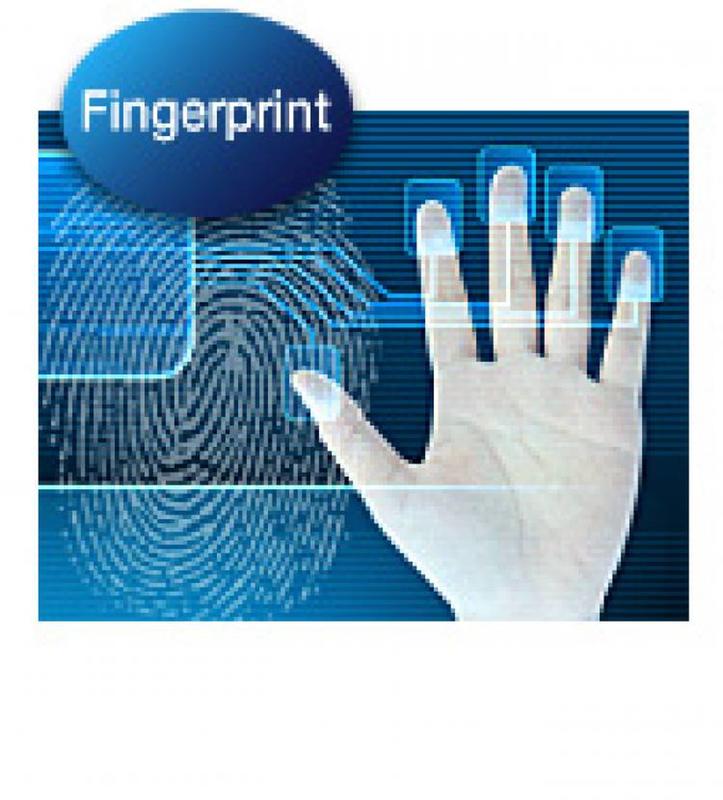
Everything we touch, from tissue papers right down to our spoons contain our fingerprints. All it takes is for a person determined enough to learn more about you to steal all your data. Isn't the thought frightening?

Unless you're standing 3 meters that. Maybe it's okay if you were to stand at least 10 meters away from the camera. But if you were to ask us? Don't do it. Unless you want bank account draining out.

Professor Isao Echizen of Japan's National Institute of Informatics (NII) is currently working on a wearable technology which can cloak a person's fingerprints away from a thief's prying eyes. They have already devised a prototype made of titanium oxide.

The titanium oxide will prevent the fingerprints from getting copied which still facilitating unlocking. For instance you can still use devices which require your biometric information, but no outsider can read your fingerprint. The device however is still in its early stages and will require another two years at least before its market ready.

Goodix, a technology firm based in China is developing a scanner which uses infrared analysis of tissue and pulse. This creates an additional layer of security. The pulse and tissue will make a thief's difficult, ensuring a hard fought battle - which they will lose.
